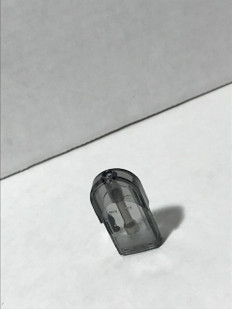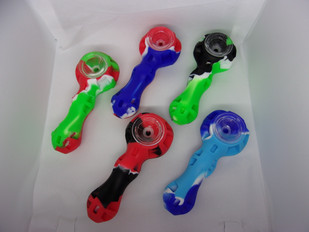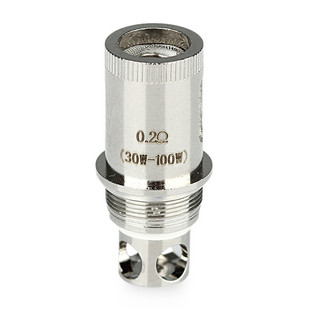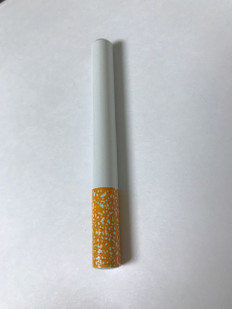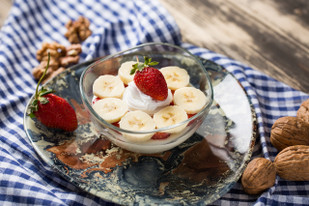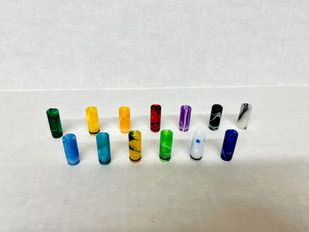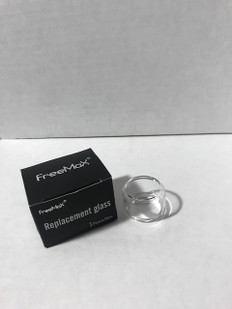- Home
- The Vape Mall Blog
- Is Delta 8 THC the Same as CBD?
Is Delta 8 THC the Same as CBD?
Posted by on
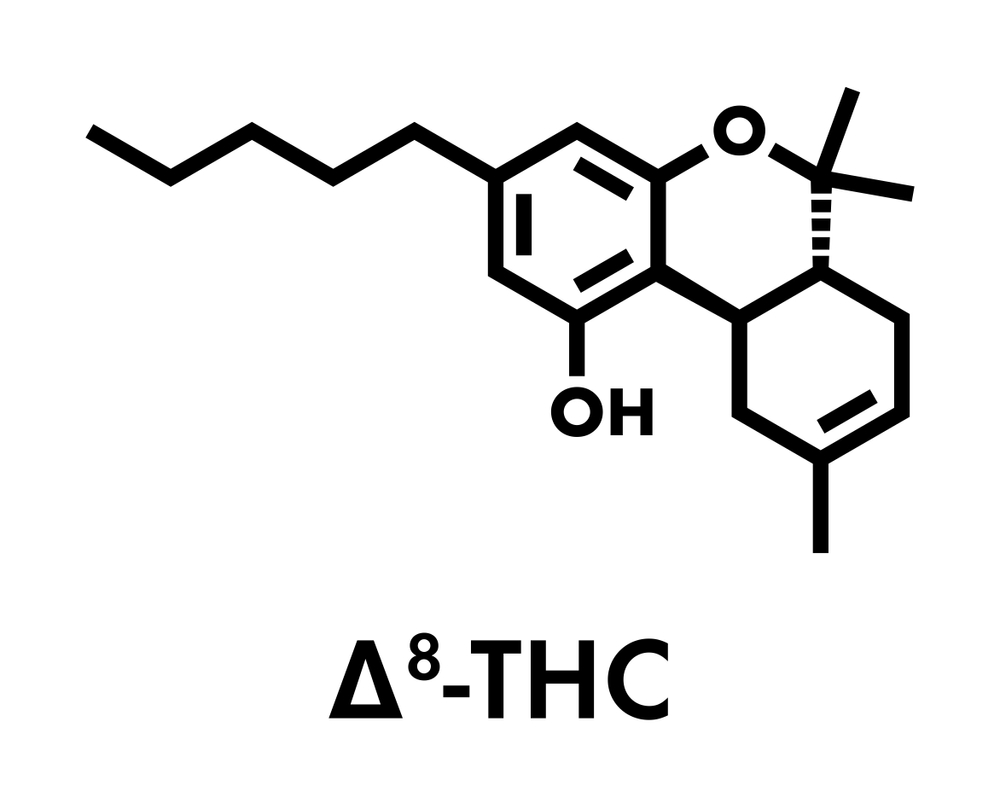 Did you know that the hemp plant is a member of the
cannabis genus? Not only that but it’s also
a fascinating and unique plant species boasting hundreds of distinctive
compounds that can be incredibly useful to the human body. The more we learn about this plant, the more
we understand how to use individual compounds to yield specific responses that
are desirable to the way we feel. Of all
of the compounds in hemp, two in particular have become extremely popular, and
they are cannabidiol (CBD) and delta-8 tetrahydrocannabinol (delta 8 THC).
Did you know that the hemp plant is a member of the
cannabis genus? Not only that but it’s also
a fascinating and unique plant species boasting hundreds of distinctive
compounds that can be incredibly useful to the human body. The more we learn about this plant, the more
we understand how to use individual compounds to yield specific responses that
are desirable to the way we feel. Of all
of the compounds in hemp, two in particular have become extremely popular, and
they are cannabidiol (CBD) and delta-8 tetrahydrocannabinol (delta 8 THC).
Now, if you’ve been wondering which compound is best for your routine, it is important to have a good understanding of what each one can offer.
What Do CBD and Delta 8 THC Share in Common?
Although CBD has been around for quite some time now, users will be surprised to learn that it does have some unique similarities to delta-8 THC.
#1: Both are Hemp-Derivatives
CBD and delta 8 exist alongside one another in the hemp plant – more specifically, the flowering buds of the female member of the species. These flower buds are where we find the most sought-after compounds associated with the plant, and this is why many people purchase the raw buds to smoke, vaporize, or even make edibles with.
#2: They’re Cannabinoids
They are used by the body in a specific way. Cannabinoids are a class of compounds that are unique to cannabis, in that they are the only compounds that directly work with the endocannabinoid system, which is a system of the body that is found in every mammal on the planet. The endocannabinoid system (ECS) is in charge of keeping the body in a state of homeostasis, and it consists of a network of cannabinoid receptors (CB receptors) placed throughout the body.
Cannabinoid receptors regulate individual bodily processes that pertain to our functionality. When we consume cannabinoids like the ones being discussed today, they attach themselves to these cannabinoid receptors which allows these regulatory actions to take place.
Worth point out that CBD and delta 8 are two of over 100 cannabinoids in the plant material. Cannabidiol is the dominant cannabinoid in hemp, meaning that it’s the most abundant found in the plant. The hemp plant can contain up to about 20% CBD depending on its strain. Meanwhile, delta-8 is found in only about 0.1% of the plant’s chemical composition.
#3: They May Share Similar Properties
Delta 8 is newer to the market than cannabidiol, and because of this, there are only a handful of studies on its properties compared to the wealth of information we have regarding cannabidiol. But, even so, we have learned quite a few things about the potential effects of delta 8 since it first hit the scene. That being said, we can safely presume that the two compounds actually share many properties in common, including a potential ability to promote a sense of calm, to offer analgesic and anti-inflammatory properties, and to stimulate neurogenesis as a neuroprotectant.
#4: Both are Federally Legal
It’s important to note that under federal law, both of these compounds are considered legal. The 2018 Farm Bill declared hemp a legal plant, allowing its individual compounds to be sold legally with the exception of delta 9 THC. Before this bill was passed, the hemp plant was classified along with marijuana as an illegal substance.
#5: Each are Available in Different Delivery Methods and Milligram Strengths
Both cannabinoids can be found in the forms of gummies, tinctures, vape oils, flower, and other delivery methods, with the formulas often looking the same as well as the milligram strengths in which they can be purchased. This makes it easy for a person to incorporate both cannabinoids into their routine, as they are taken in basically identical ways.
#6: Can Both Be Incorporated into a Daily Routine
Basically, both CBD and delta 8 can be taken daily, while possibly offering cumulative effects if taken consistently over a certain period of time. This is due to their effects as cannabinoids on the body’s endocannabinoid system as we mentioned earlier.
Where Do CBD and Delta 8 THC Differ?
On the flip side, there are some key dissimilarities that everyone should pay close attention to, especially if you are looking to start a delta 8 THC routine.
#1: Delta 8 THC is Psychoactive
Perhaps the most notable difference between the two compounds is that delta 8 is psychoactive, and CBD is not. What this means is that taking delta 8 will get you high. Delta 8 is actually the result of delta 9 THC degrading in the plant over time, meaning it changes molecularly while still retaining many of the properties associated with delta 9. Delta-8’s high is about 70% as strong as that of delta 9, and so its intoxicating effects are milder than those associated with marijuana. Still, you will have a psychoactive experience with delta 8.
Meanwhile, CBD is completely non-intoxicating, and so it will not get you high no matter how much you take.
#2: Delta 8 THC and CBD Work on Different Cannabinoid Receptors
Ultimately, delta 8 THC and CBD bind with different cannabinoid receptors in the body, thus offering distinctive effects.
- Delta 8 binds almost exclusively to CB1 receptors – cannabinoid receptors in the body’s nervous system. The effects of this compound are mainly associated with nervous system processes.
- CBD splits its attention between CB1 and CB2 receptors, with the latter being found primarily in the digestive system and the immune system.
What all of this means is that the effects of cannabidiol are more widespread, while the effects of delta-8 deliver more concentrated results to the nervous system.
#3: Delta 8 is Illegal in Some States
It is important to recognize that delta 8, unlike CBD, is illegal in 19 states (cannot legally purchase or possess this compound).
#4: Delta 8 May Result in a Failed Drug Test
Anyone who is getting tested for drugs by their employer may want to hold off on buying delta 8 because it can yield a failed test, while cannabidiol cannot. Standard urine tests do not look for CBD, but they do search for a metabolite in the urine known as THC-COOH, which is produced when we consume tetrahydrocannabinol (THC) of any kind.
#5: Avoid Driving When Delta 8 is in Your System
CBD is non-intoxicating, hence, it shouldn’t impair your driving. Delta 8, however, can. Any substance that causes intoxication can make driving dangerous, so if you have active levels of the cannabinoid in your system, you should wait to drive until the effects have worn off.
#6: Beginners Should Go Slow with Delta 8
Starting a routine with delta 8 requires a bit more consideration than starting one with cannabidiol. This is because the psychoactive properties of delta 8 are tolerance-dependent, meaning that beginners usually get less high as their usage becomes more frequent. Essentially, when buying delta 8 for the first time, it’s suggested that a person starts with a low milligram strength and builds their way up.
Which Cannabinoid Should You Try?
Both have valuable properties to offer, so it really comes down to what kind of experience you want from the hemp plant.
One way to decide is to consider the individual properties of each. Based on what we have discussed about how each cannabinoid works with specific receptors, you may find that one cannabinoid is far better suited for your particular goals than another. For instance, if you have goals pertaining to functions of the nervous system, delta 8 may be the way to go, while those looking for more widespread effects may choose cannabidiol.
Of course, the psychoactive nature of these compounds also impacts your decision. Naturally, some people do not want to get high off of a daily routine, and so CBD may be the more sensible option to choose.
Can You Take Both Cannabinoids Together?
Another thing worth noting is that you can take these two cannabinoids together, and many people do. A lot of formulas on the market offer some level of balance between cannabidiol and delta 8 THC. CBD may help take the edge off of the psychoactive properties of delta-8, resulting in a more relaxing experience. Similarly, you can take a delta 8 product and a CBD product at different times of the day depending on what it is that you’re looking to experience at any given time.
 Loading... Please wait...
Loading... Please wait...



